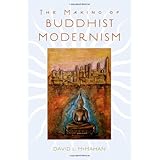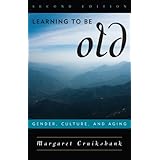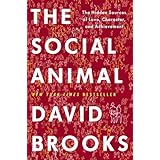
Average Reviews:

(More customer reviews)This book should be essential reading for anyone currently involved with the practice of Buddism in America. The author does a superb job of explaining the connection between our heritage of the philosophies of the Enlightenment and Romanticism and Buddhism. The book cleared up for me the odd blending of modern science and neo-romantic (new-age) ideas espoused by many American Buddist teachers. It also clearly explicates the differences between many Asian practices of Buddhism and the modern emphasis on or perhaps even over emphasison meditation. I am a Buddhist and I highly recommend this thoughtful, erudite exposition by David McMahan.
Click Here to see more reviews about: The Making of Buddhist Modernism
A great deal of Buddhist literature and scholarly writing about Buddhism of the past 150 years reflects, and indeed constructs, a historically unique modern Buddhism, even while purporting to represent ancient tradition, timeless teaching, or the "essentials" of Buddhism. This literature, Asian as well as Western, weaves together the strands of different traditions to create a novel hybrid that brings Buddhism into alignment with many of the ideologies and sensibilities of the post-Enlightenment West. In this book, David McMahan charts the development of this "Buddhist modernism." McMahan examines and analyzes a wide range of popular and scholarly writings produced by Buddhists around the globe. He focuses on ideological and imaginative encounters between Buddhism and modernity, for example in the realms of science, mythology, literature, art, psychology, and religious pluralism. He shows how certain themes cut across cultural and geographical contexts, and how this form of Buddhism has been created by multiple agents in a variety of times and places. His position is critical but empathetic: while he presents Buddhist modernism as a construction of numerous parties with varying interests, he does not reduce it to a mistake, a misrepresentation, or fabrication. Rather, he presents it as a complex historical process constituted by a variety of responses -- sometimes trivial, often profound -- to some of the most important concerns of the modern era.
Click here for more information about The Making of Buddhist Modernism





